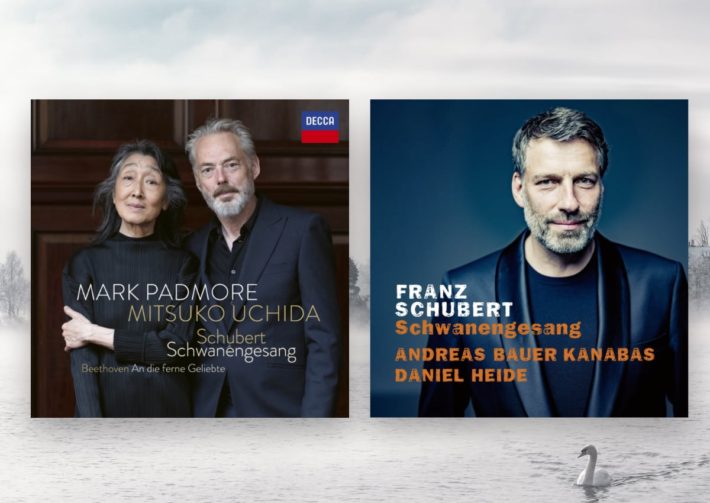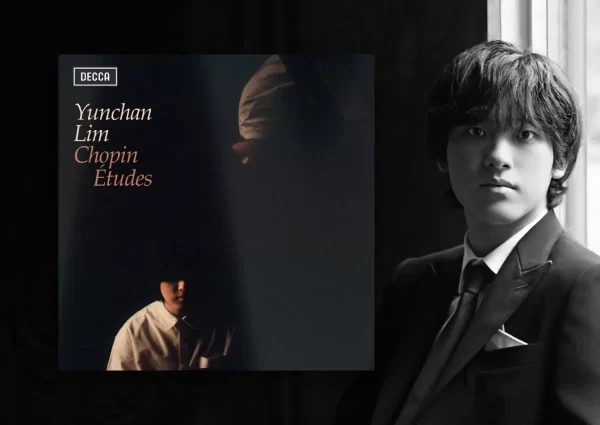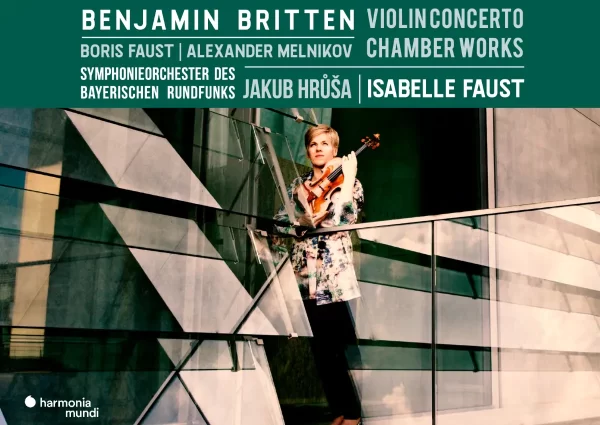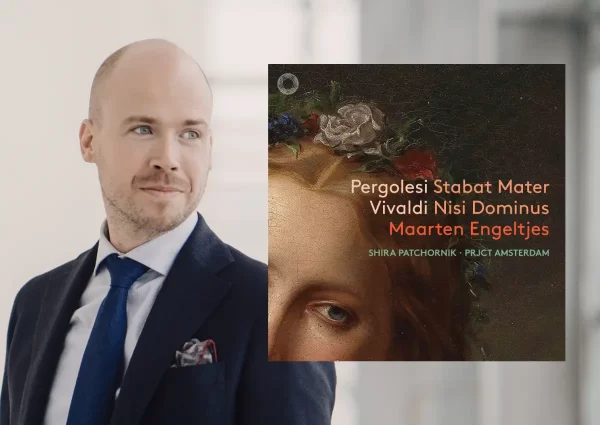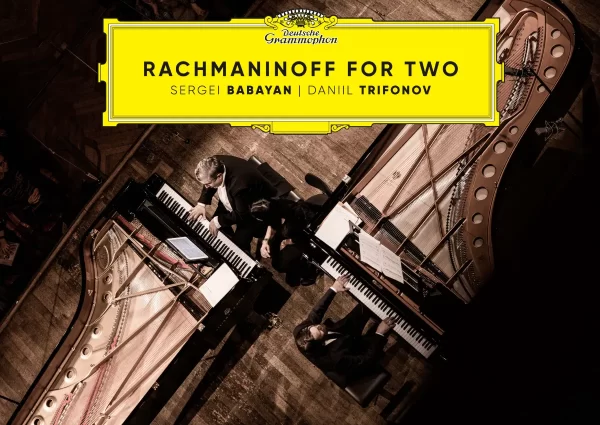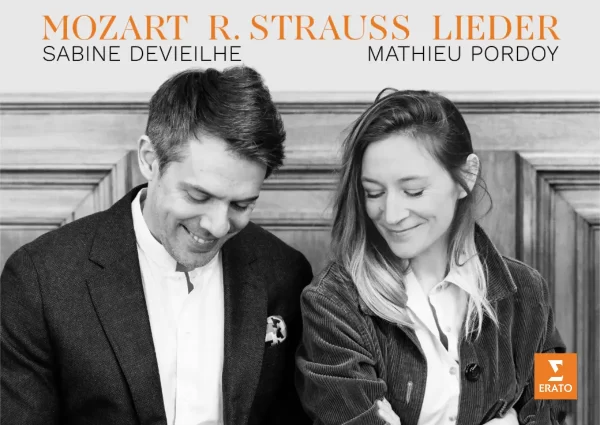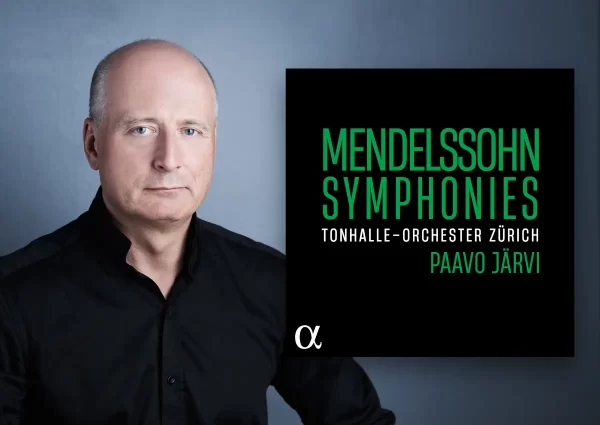As of late, recordings of Schubert’s Schwanengesang are in no short supply. Last year, I reviewed a fine performance by Ian Bostridge and the late Lars Vogt; this year sees the release of two new performances—the first is a live performance from tenor Mark Padmore and Mitsuko Uchida. The second features bass Andreas Bauer Kanabas with pianist Daniel Heide. Different voice types aside, I looked forward to how these two renditions differ and what each brings to this well-loved set.
Amazon: Schubert – Schwanengesang – Mark Padmore (tenor) & Mitsuko Uchida (piano)

Amazon: Schubert – Schwanengesang – Andreas Bauer Kanabas (bass) & Daniel Heide (piano)

Mark Padmore is no stranger to the Schubert compendium having recorded all three big cycles, including a lovely account of Die Winterreise with Paul Lewis for Harmonia Mundi. He’s also collaborated with Lewis on Schwanengesang, where a good musical understanding between the two artists is evident in the tempo management and phrase contouring. Things are not so successful in this new performance: the opening Liebesbotschaft, despite perceptible musicianship in each individual part, shows a difference of stylistic opinion. Uchida pushes for a more consistent pace but Padmore pulls back particularly at the ends of phrases. Things are consequently not in sync and the tenor ends up mired in over-emphatic ritards on several occasions. Other songs like Frühlingssehnsucht fare markedly better: here, the alignment is smoother and we can turn our attention to appreciating Uchida’s clarity of articulation and Padmore’s expressive and inquisitive lines.
Despite my high hopes, the duo does not capture the magic of Ständchen. The pianist’s articulation is too terse and there are unnatural lurches in the tempo; the tenor, too, seems to contend with some breathing control issues as heard in some odd breaks in the lines. In the Bostridge/Vogt recording, the pianist might have a unique treatment of tempo and flow, but it is still convincing given the duo’s vibrant musical and expressive choices. Der Atlas (track 14) is more successful with Uchida’s tight tremolos and solid octaves whose authority Padmore not only matches but adds stubborn resolve to.
Related Classical Music Posts
- Review: Schwanengesang – Ian Bostridge, Lars Vogt
- Review: Schubert Revisited – Matthias Goerne, Baritone
- Review: Schubert – Winterreise – Benjamin Appl, James Baillieu
Where the Padmore/Uchida recording felt overly-mannered, Kanabas/Heide’s opening number has the opposite issue of being matter-of-fact: the piano part is rather muddy and the vocalist, despite his rich natural timbre, sounds reserved as he moves brusquely from phrase to phrase. Heide previously recorded the cycle for DG with baritone Andrè Schuen with far better results: although the articulation is similarly inclined toward the pedal, Schuen’s expressive singing is what invites charm and really elevates the listening experience. In slower selections like Kriegers Ahnung (track 6), we can better hear the artistry, yet the approach still feels too austere and removed—especially when we consider the 1972 Fischer-Dieskau/Moore account, which is full of narrative personality and nuanced color.
The duo’s Ständchen is better integrated than what I hard in the Padmore/Uchida; Kanabas does fine work not only maintaining the long lines but also creating a resonant presence, thanks to well-timed and varied vibratos that lift the phrases at the right moments. I also found Heide’s piano part more sensitive to the light and dark mood changes. In Die Stadt (track 14), the pianist treats the broken octaves less like a tremolo but more like detached individual notes, which I found initially puzzling, However, in hearing the song as a whole, his choice does make sense. The relative disjointedness of the pattern, if you will, is where the interpretation derives the disquietude that the work needs. The singer manages color shifts between and within his lines quite well.
I was sadly crestfallen by the subpar sound engineering on the Padmore/Uchida disc, which feels like an unusual but pronounced miss for Decca: the mic is poorly placed seemingly from afar, creating persistent balance issues and a distractingly cavernous sound. It’s a real shame that Wigmore Hall’s otherwise excellent acoustics were not captured. The Kanabas/Heide is much better with both vocal and piano parts coming through clearly but still giving listeners enough space to process the sound.
Although I’d like to say otherwise, both of the releases left me wanting more. Listeners will definitely want to refer to established recordings as reference points.

Schubert – Schwanengesang
Mark Padmore – Tenor
Mitsuko Uchida – Piano
Decca, CD 4853577

Schubert – Schwanengesang
Andreas Bauer Kanabas – Bass
Daniel Heide – Piano
Challenge Records, CD AVI 8553516

Recommended Comparisons
Read more classical music reviews or visit The Classic Review Amazon store
Follow Us and Comment:
Get our periodic classical music newsletter with our recent reviews, news and beginners guides.
We respect your privacy.

